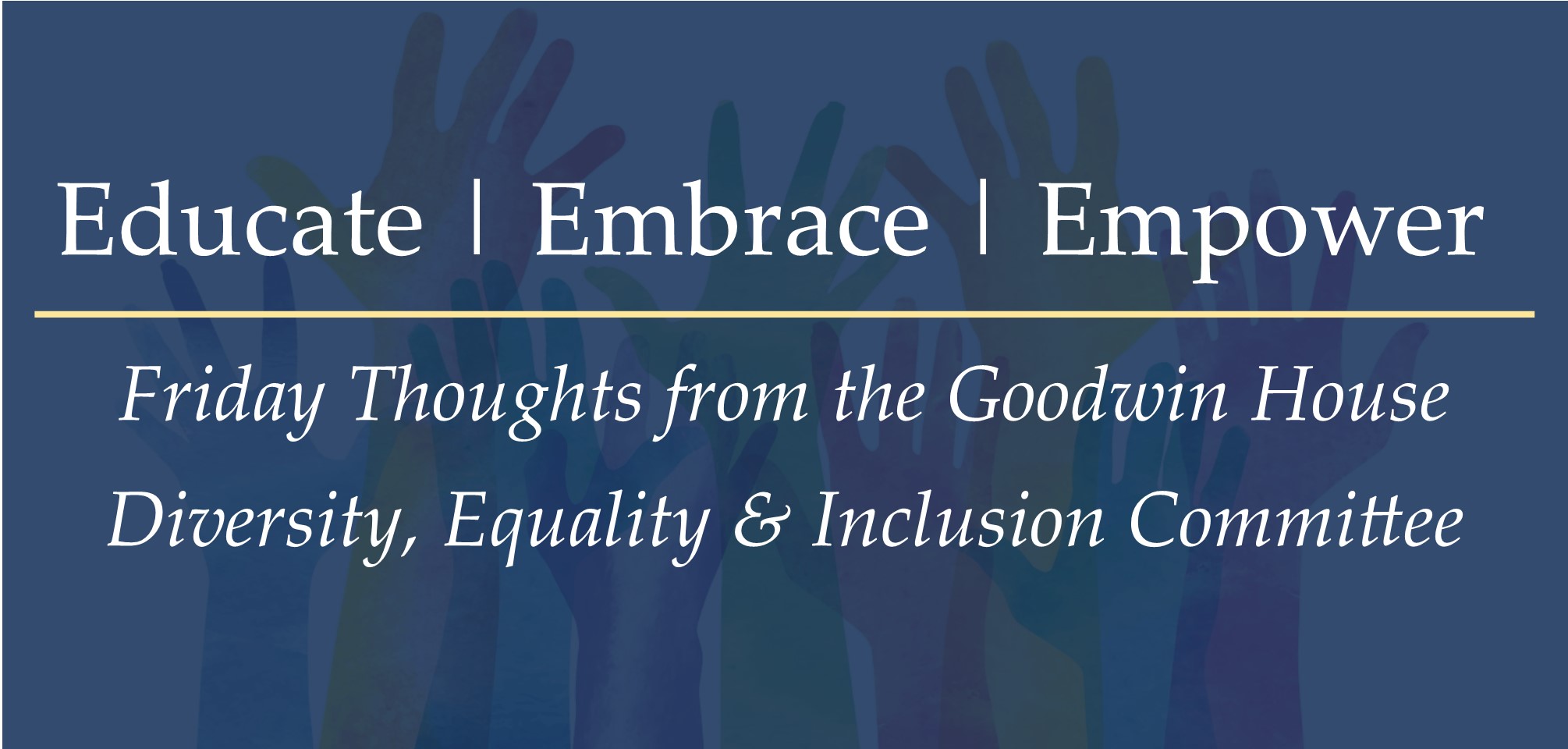
Diversity Equity Inclusion & Belonging - April 26, 2022
by Carol Lewis, GHBC Resident
A wonderful coincidence is happening this month! Significant dates in three religions occur in the same month, according to three different calendars.
The Islamic, Muslim or Arabic calendar Hijri (or the Lunar Hijri) is a lunar calendar consisting of 12 lunar months in a year of 354 or 355 days. It is used to determine the proper days of Islamic holidays and rituals.
The Jewish or Hebrew calendar HaLuah HaIvri uses the lunisolar system in which the calendar year is divided according to the phases of the moon but adjusted in average length to fit the length of the solar cycle. It is used today for Jewish religious observances and as an official calendar for the state of Israel.
The Gregorian calendar is a solar dating system used by most of the world. It is named after Pope Gregory XIII, who issued the papal bull Inter gravissimas in 1582 that announced calendar reforms for all Catholic Christendom. It is also used for Christian holidays.
When placed alongside the Gregorian calendar, the Muslim and Jewish dates appear to change every year because each of these three calendars has a different number of days. Therefore, rarely do the holiest seasons of Islam, Christianity and Judaism converge this closely.
This April, Ramadan, the holy month of fasting, introspection and prayer, is celebrated by Muslims. Ramadan started at sundown on Saturday, April 2 and ends at sundown on May 2. It is celebrated as the month during which Muhammad received the initial revelations from God that would become the Quran, the holy book for Muslims. The first of the two major Islamic holidays, Eid al Fitr (which starts with the rise of new moon on May 2), marks the end of the month-long, dawn-to-sunset fasting of Ramadan.
Passover, called Pesach, is a major Jewish holiday that celebrates the exodus of the Israelites from slavery in Egypt. It occurs on the 15th day of the Hebrew month of Nisan, the first month of Aviv (spring). In the Gregorian calendar this year, Passover starts Friday evening, April 15, and ends April 23. Good Friday in the Gregorian calendar is also on April 15, the Christian commemoration of the crucifixion of Jesus.
And Easter, the most important day in the Christian faith, celebrating the resurrection of their Lord and Savior Jesus Christ, is Sunday, April 17. It marks the Resurrection of Jesus three days after his death by crucifixion. For many Christian churches, Easter is the joyful end to the Lenten season of fasting and penitence. Easter is observed on the first Sunday following the first full moon after the spring equinox.
“Ramadan Mubarak” (Rah-ma-dawn Moo-bar-ack) essentially means “blessed Ramadan.” Non-Muslims may say “happy Ramadan” but it is a month of fasting, not a holiday.
The Passover greeting “chag sameach” (“happy festival”) is the Hebrew equivalent of “happy holidays.” To be specific to Passover, you may say “chag Pesach samech.”
“Happy Easter” needs no translation.
April 2022 is indeed a time of remembrance and prayer, fasting and feasting, sorrow and joy, all in one month. I encourage you to commemorate it according to your own beliefs and traditions.
(With thanks to GHBC resident Margaret Sullivan for the idea and Google and Wikipedia for the information.)
_____________________________________________
About the Diversity, Equality and Inclusion (DEI) Committee: We are a group of staff and residents who together serve a mission to educate, embrace and empower a workplace of diversity, equality and inclusion. Our vision is to seek open and honest communication and collaboration that will inform and celebrate the cultural, ethnic and sexual orientation of all members of our staff without bias.
Questions or comments? Please contact us at dei@goodwinliving.org.
